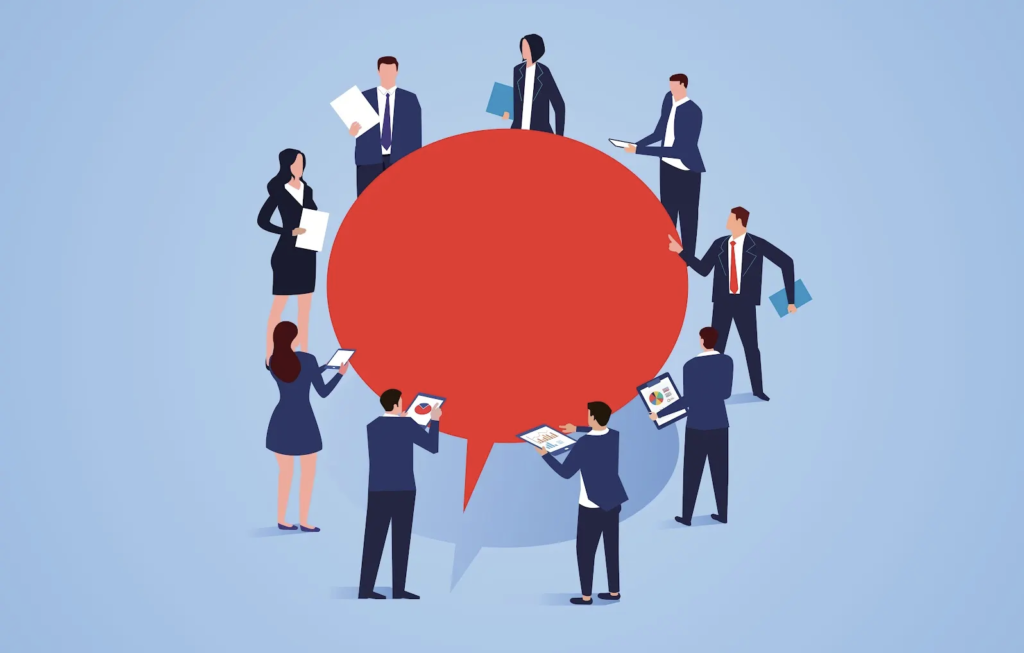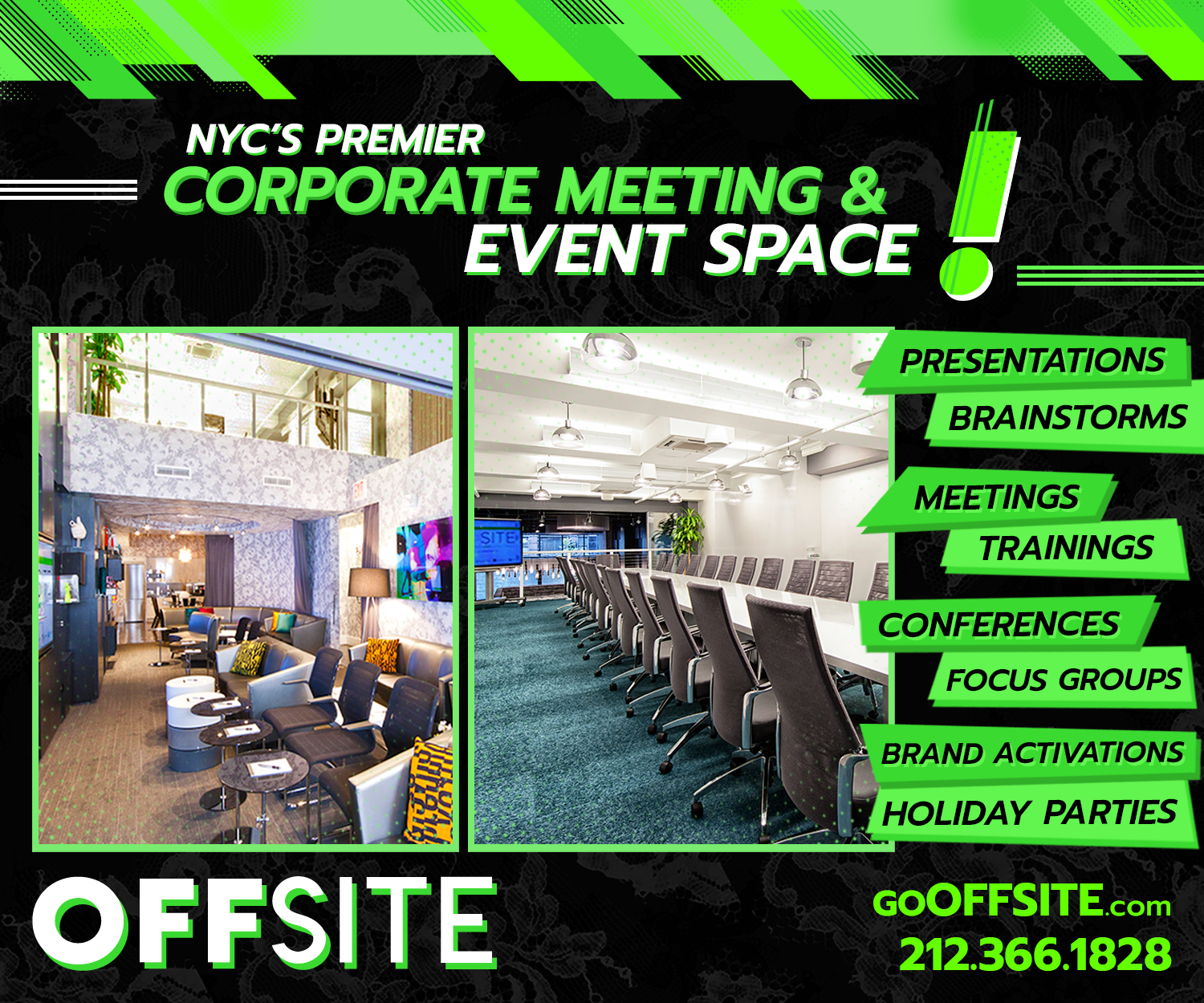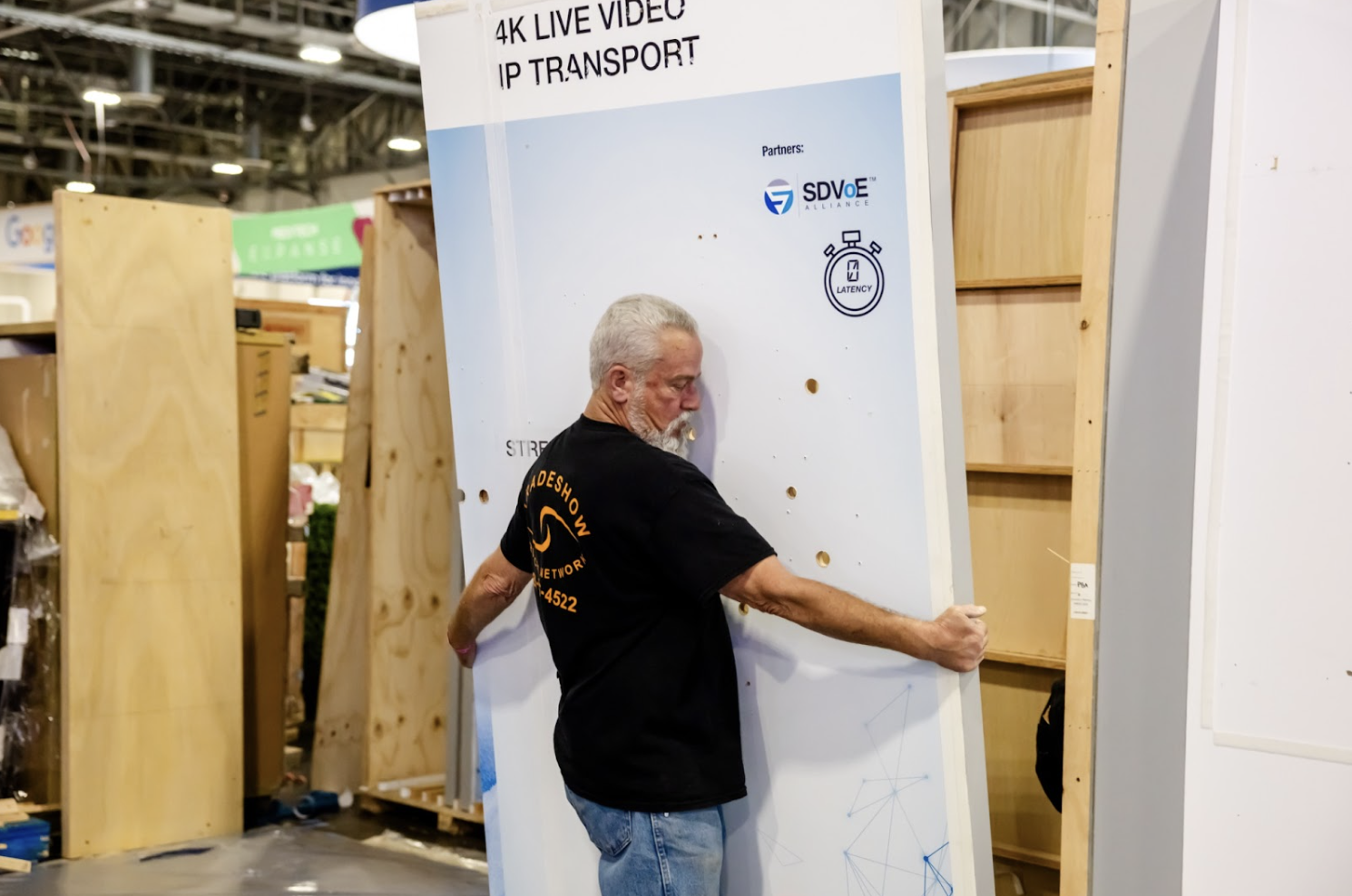Let’s cut to the chase because, if you’re here, you probably already know the importance of business-to-business events for their ability to drive high-quality leads, build strategic relationships and position your brand as a leader. Perhaps you’ve found yourself in a new role that means you’re now responsible for organizing your firm’s B2B events; maybe your company has traditionally served consumers and is now foraying into B2B offerings; or maybe your newbie brand is looking to put on its inaugural B2B event to achieve farther-reaching objectives. It doesn’t matter why you may be new to B2B events, because David Low, a seasoned B2B marketing consultant, would always advise: “Start small and strategic.”

Sure, it can be easy to think big because the Coachellas, Fashion Weeks, ComicCons and even Apple launch events of the world scream “speed—big crowds, fast impressions and impulse action,” per Low.
However, the savviness for B2B lies in ditching the flashy in favor of relevance. It’s not about slowing down but rather, “aligning to your customer’s needs,” Low said.
In putting on a valuable B2B event (think: Dreamforce, HubSpot’s INBOUND and the HIMSS Global Health Conference), keep in mind, per Low:
“You’re not just entertaining, you’re educating. You’re not just selling, you’re solving.
The stakes are higher, the buying cycles are longer and the audience is savvier. If you don’t deliver value from the first touchpoint, you’re already behind.”
How? “Get very specific about who you want to target before planning anything,” according to Karina Gencheva, the field marketing manager at Experience Design, which specializes in facilitating corporate event experiences. “Events shouldn’t be about casting a wide net. They should be about getting the right people in the room,” she added.
To find those folks, don’t underestimate the value of your existing rolodex. “What I like to do is identify the key roles involved in current deals: the decision-makers, the influencers and the main points of contact across our existing customers,” Gencheva dished. “Then, I look for those same job titles in attendee lists for upcoming third-party events or when building invite lists for hosted activations.”
From there, B2B newbies should look to pull off smaller event formats that are easier to execute, “like VIP roundtables, happy hours or co-hosted events with partners,” Gencheva suggested, encouraging event professionals not to discount just how scalable these types of events are.
Low added that “topic-specific webinars are [also] high-return formats to test and learn,” noting that he likes them for their ability to provide fast feedback. Oh, and pick the topic by thinking, “What’s the one thing your audience can’t afford not to know right now?” Low offered. In fact, Low told Vendelux that he’s found success answering this question first, then building everything around the response. It makes an event start with “insight” and not just a guest list, he said.
Speaking of guests, don’t send them a standard invite. Instead, “go beyond email. Leverage your sales team’s personal outreach, tap into partners or influencers who already have credibility with your audience and use social channels to build anticipation,” Low said. “Events that feel personal, urgent and exclusive always outperform generic invites.”
The only thing left to consider is on-site content. Bringing in a speaker is a great place to start, Gencheva said, because “buyers trust peers more than pitch decks, and events create the perfect environment to amplify those authentic voices.”
Once you’ve locked a speaker down, Low encouraged fellow B2B event professionals to treat these relationships as strategic partners rather than add-ons to actually see success. The same applies to sponsors, according to Low, who offered these three steps for bringing in any type of strategic partner:
- Keep in mind that “the best partnerships are co-created around shared value.”
- Identify your sponsor or speaker’s “clear role in the larger business story you’re telling.”
- Give these partners a platform to shine by “curating their involvement like casting a show.” (A good start: “Ask what your audience truly needs to learn or solve,” and see where a speaker, for instance, could offer one of those things, per Low.)
When asked for any final thoughts in his interview with Vendelux, Low said: “The best B2B events don’t just show up in the market—they reshape it. If your event isn’t shifting perception, deepening relationships or accelerating deals, then it’s not strategic—it’s just expensive.”




